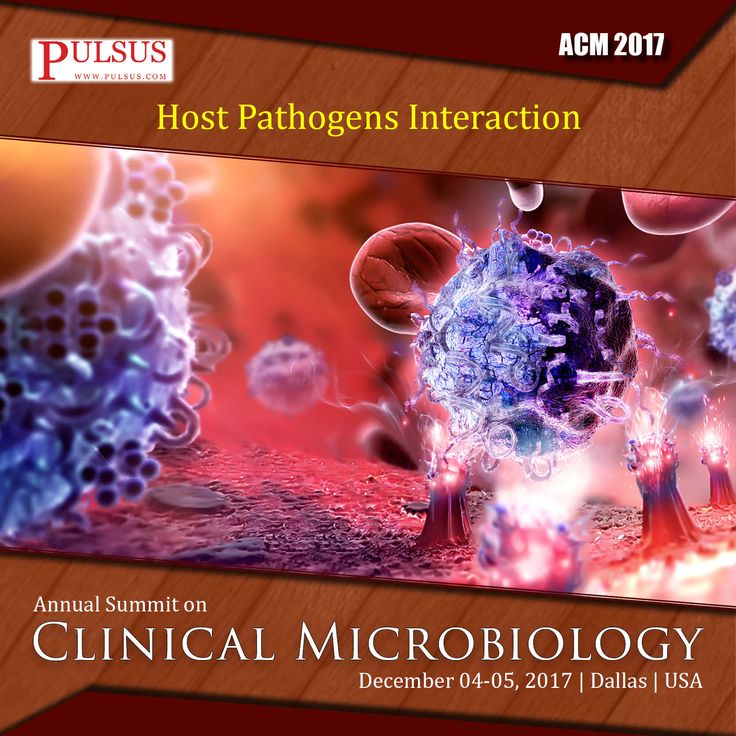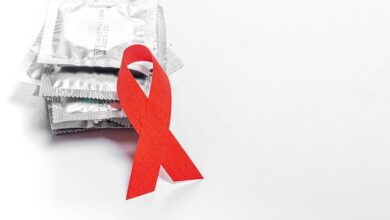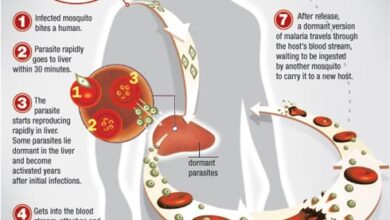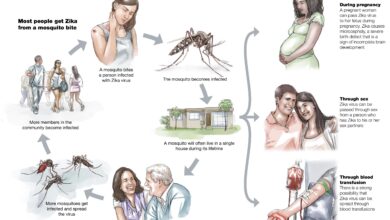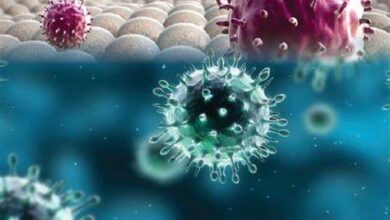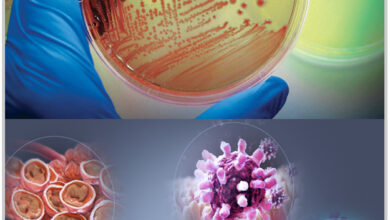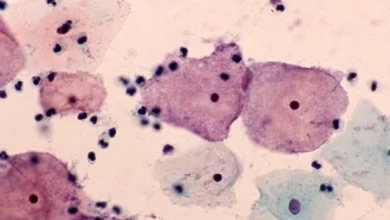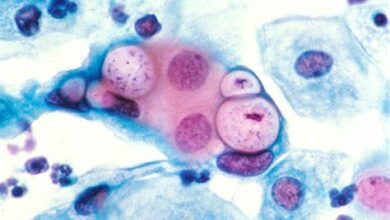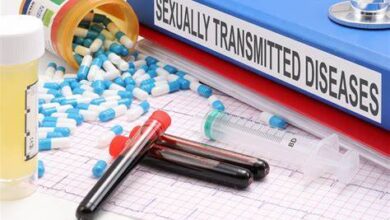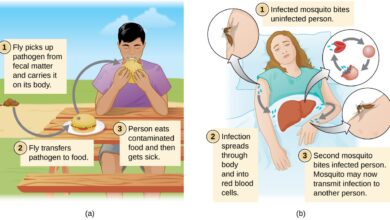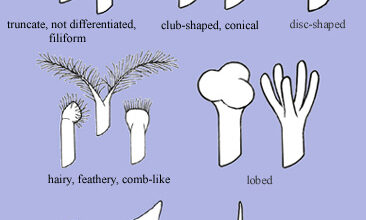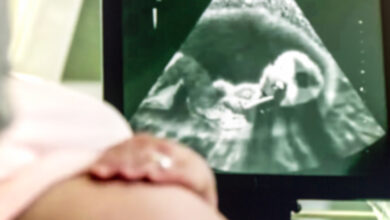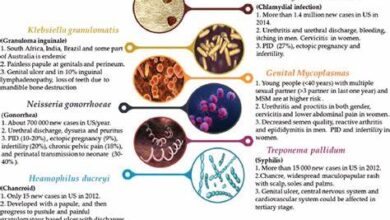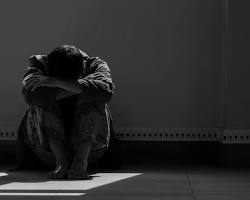The Psychosocial Impact of STDs: Navigating Stigma, Isolation, and Relationship Challenges
Sexually transmitted diseases (STDs) not only affect physical health but also have significant psychosocial implications. From the stigma attached to the diagnosis to the challenges in relationships and feelings of isolation, individuals living with STDs often face a myriad of emotional and social hurdles. Understanding and addressing these psychosocial impacts are crucial for providing holistic support to those affected.
Stigma Surrounding STDs
The stigma surrounding STDs remains pervasive in many societies, rooted in misconceptions, fear, and judgment. Individuals diagnosed with an STD may experience shame, guilt, and self-blame due to societal attitudes that link STDs with promiscuity or irresponsibility. This stigma can lead to reluctance in seeking medical care or disclosing one’s status to partners or loved ones, perpetuating the cycle of secrecy and shame.
Coping with Isolation
Living with an STD can often lead to feelings of isolation and loneliness. Fear of judgment or rejection may cause individuals to withdraw from social interactions, leading to a sense of detachment from friends, family, and community support networks. The lack of understanding and empathy from others can exacerbate feelings of isolation, further impacting mental well-being and overall quality of life.
Relationship Challenges
The presence of an STD can significantly impact relationships, both romantic and platonic. Disclosure of one’s STD status to a partner can be daunting, as it may lead to fear of rejection or abandonment. Negotiating safe sexual practices, such as condom use or discussing monogamy, can also pose challenges within intimate relationships. Furthermore, the diagnosis of an STD can strain existing relationships and may lead to conflicts, mistrust, or even breakups.
Managing Emotional Health
Coping with the psychosocial impact of STDs requires a holistic approach that addresses emotional well-being alongside physical health. Seeking support from mental health professionals, support groups, or trusted individuals can provide a safe space for expressing emotions, processing feelings of shame or stigma, and developing coping strategies. Practicing self-compassion and cultivating a positive self-image are also essential for maintaining resilience in the face of societal judgment.
Promoting Education and Empathy
Combatting the stigma surrounding STDs requires widespread education and empathy. Public health campaigns and community initiatives can play a crucial role in dispelling myths, reducing stigma, and promoting acceptance and understanding. Encouraging open conversations about sexual health, consent, and STD prevention can help foster supportive environments where individuals feel comfortable seeking testing, treatment, and support without fear of judgment or discrimination.
Conclusion
The psychosocial impact of STDs extends far beyond physical symptoms, affecting individuals’ emotional well-being, relationships, and sense of belonging. Addressing stigma, isolation, and relationship challenges is essential for providing comprehensive care and support to those affected by STDs. By promoting education, empathy, and inclusive attitudes, we can create communities where individuals feel empowered to navigate the challenges of living with an STD with dignity, resilience, and support.
